The One Big Beautiful Bill’s Impact on Nonprofit Organizations
July 28, 2025
The recently passed One Big Beautiful Bill (OBBB) introduces several tax and policy changes that will directly and indirectly impact nonprofit organizations. Here is a quick summary of the applicable provisions.
Tax Credit for Contributors to Scholarship Granting Organizations (SGOs)
The OBBB introduces a new federal tax credit to encourage private funding for qualified elementary or secondary education expenses through SGOs. Contributions must be charitable cash gifts to SGOs that award scholarships to eligible students who are members of households with income at or below 300% of the area median gross income. U.S. individuals can claim a credit for cash contributions to qualified SGOs in participating states, up to $1,700 per taxpayer per year, with joint filers each eligible for the credit. The federal credit is reduced by any state tax credit received for the same contribution, and contributions claimed for this credit cannot also be deducted as a charitable contribution.
Charitable Giving Incentives
The bill offers some positive measures for nonprofits and individual donors. It introduces a new universal charitable deduction for individuals starting in 2026, allowing non-itemizers to deduct up to $1,000 ($2,000 for joint filers) of charitable contributions. This could potentially boost donations from everyday givers.
Caps and Floors on Itemized and Corporate Giving
Starting in 2026, individuals who itemize can only deduct the portion of charitable donations that exceed 0.5% of their income. A cap on the value of itemized deductions for high-income taxpayers was also included that limits the tax benefit of these deductions to 35% rather than the full 37% previously available to those in the top tax bracket. This change may reduce the incentive for wealthier individuals to make large charitable contributions since it reduces the marginal tax savings they receive. Corporations also have a new 1% adjusted gross income floor and tighter rules on carrying forward unused charitable deductions.
Expanded Excise Tax on Executive Compensation
The OBBB expands the existing 21% excise tax on nonprofit executive compensation exceeding $1 million. Previously, this tax applied only to the top five highest-paid employees, but it now extends to all employees and former employees earning above this threshold. This change, effective for taxable years beginning after December 31, 2025, could significantly increase operating costs for large nonprofits, such as hospitals and universities, where multiple executives may earn high salaries.
Excise Tax Based on Investment Income of Private Colleges and Universities
The OBBB significantly revises the federal excise tax on the endowments of private colleges and universities. Previously set at a flat 1.4%, the new structure introduces a three-tiered system based on an institution’s student-adjusted endowment: 1.4% for endowments between $500,000 and $750,000 per student, 4% for those between $750,000 and $2 million, and 8% for endowments exceeding $2 million per student
The tax now only applies to institutions with at least 3,000 tuition-paying students and expands the definition of taxable investment income to include student loan interest and royalties from federally subsidized research. Taxes on endowments or investment assets decrease the financial resources available to nonprofits to advance their mission.
Conclusion
The OBBB includes some significant changes that will impact nonprofit organizations in various ways. While the new tax credit and charitable giving incentives offer opportunities for increased donations, the expanded excise taxes and the new caps and floors on itemized and corporate giving may discourage some charitable giving.
Click to return to Larson & Company's One Big Beautiful Bill Act summaries.

Richard is a Tax Partner specializing in Nonprofit tax planning and preparation. He leads our Nonprofit Tax Practice.
LinkedIn

.png)



